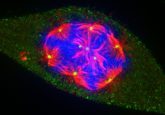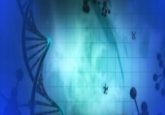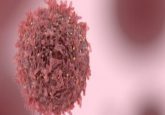Cholecystokinin expression in tumors: biogenetic and diagnostic implications
Cholecystokinin (CCK) is a classic gut hormone. CCK is also a complex system of peptides expressed in several molecular forms in enteroendocrine I cells, in cerebral and peripheral neurons, in cardiac myocytes and spermatozoa. CCK gene expression has now been found at protein or peptide level in different neuroendocrine tumors; cerebral gliomas and astrocytomas and specific pediatric tumors. Tumor hypersecretion of CCK was recently reported in a patient with a metastatic islet cell tumor and hypercholecystokininemia resulting in a novel tumor syndrome, the cholecystokininoma syndrome. This review presents an overview of the cell-specific biogenesis of CCK peptides, and a description of the CCK expression in tumors and of the cholecystokininoma syndrome. Finally, assays for the diagnosis of CCK-producing tumors are reviewed.
Cholecystokinin (CCK) was discovered in 1928 as a gallbladder-emptying factor in extracts of the small intestine [1]. Later, purification from gut extracts in the 1960s revealed that CCK is identical to pancreozymin, the intestinal hormone that regulates enzyme secretion from the pancreas [2,3]. Subsequent identification of the primary structures of CCK and gastrin disclosed that the active site sequences of these hormones are identical [4,5]. Thus, biologically active gastrin and CCK peptides have the same C-terminal pentapeptide amide sequence (-Gly–Trp–Met–Asp–Phe–NH2). This structure has been exceedingly well preserved during evolution [6,7], and it constitutes the core of the epitope for receptor binding.
Click here to read the full article in Future Oncology.





